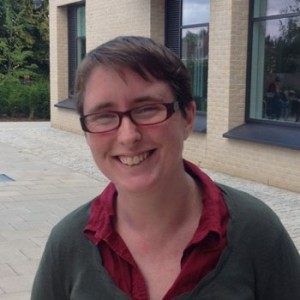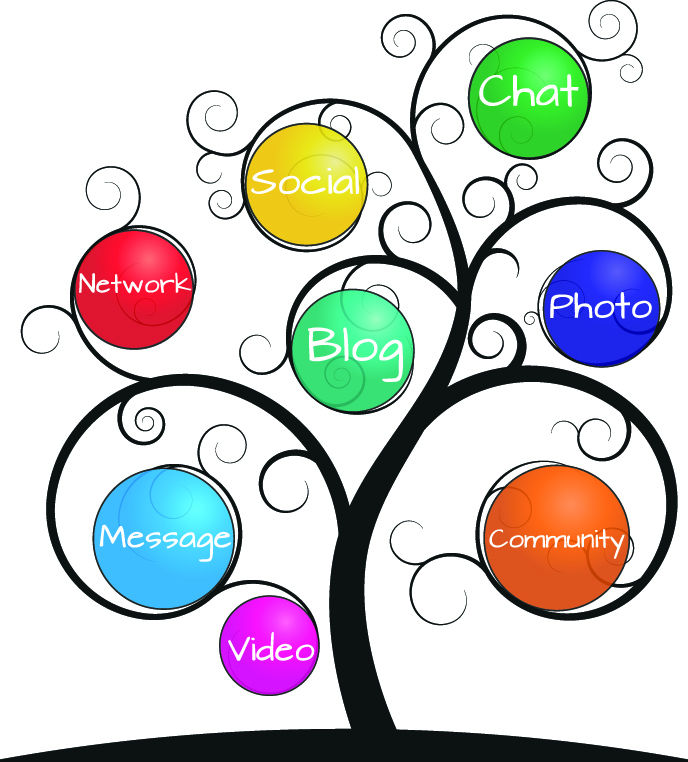 The next FREE public lunchtime seminar session of the Social Scholar will be taking place in two days’ time (Wednesday 4th December, 1pm-2pm). For full details check out our previous blog post here [link]. In anticipation of what should prove an interesting and innovative discussion we asked this month’s speaker, Anne Alexander if she could spend a few moments answering some questions for us. Here is what she had to say.
The next FREE public lunchtime seminar session of the Social Scholar will be taking place in two days’ time (Wednesday 4th December, 1pm-2pm). For full details check out our previous blog post here [link]. In anticipation of what should prove an interesting and innovative discussion we asked this month’s speaker, Anne Alexander if she could spend a few moments answering some questions for us. Here is what she had to say.
Hello Anne. Thank you for talking with us. First of all, could you tell us a little bit about yourself?
My interest in social media is driven largely by the impact that the rise of digital communications technologies has had on my own research into social movements in the Arab world. When I first began my career as a researcher, I had to rely on accounts of protests and strikes from the mainstream media, or learn about them long after the event in furtive meetings with activists who were often risking jail just to talk to me. Now I can watch events unfold almost as they happen via Twitter and Facebook. But this change brings new challenges of interpretation and analysis, as well as raising big ethical questions not only about my role as an outside observer but also about the part played by corporations and governments in enabling or restricting communication via social media.
So I have become interested more generally in questions related to the changes in scholarship brought about by the widespread adoption of digital technologies to communicate. My main role is to co-ordinate the Digital Humanities Network at Cambridge University which brings together researchers across the University who are interested in the interaction between digital technologies and human society and culture. I also direct the Social Media Knowledge Exchange, which runs programmes of events and a scholarship scheme promoting the sharing of knowledge and experience between social media practitioners in different professional domains.
I think a degree of clarity about what you’re trying to achieve by engaging with social media audiences will still play a big role in shaping how ‘useful’ social media is to you.
Why do you think Social Media is useful?
Researchers may use social media for a wide variety of different purposes – from observing and analysing what other people do on social media, to disseminating their work to colleagues within their own field and wider audiences, to engaging as experts in public debate. So social media can be useful for all sorts of things. There are, however, many contexts where I would think carefully before using social media. It is time-consuming, can be very emotionally draining, and sometimes people find themselves publicly highlighted on social media in damaging ways.
So personally, I think that it is better to start off by asking yourself questions about the audiences you want to reach. Are they using social media? Can you find people you want to engage with in some way on the social media platform of your choice? Then you can get excited about the unknown audiences which social media use may help you find. The question about audiences naturally relates to the issue of whether you are using social media as a platform for research, dissemination and public engagement or intervention in wider public debates. In practice it is difficult to separate these things as neatly as we did in the past, but I think a degree of clarity about what you’re trying to achieve by engaging with social media audiences will still play a big role in shaping how ‘useful’ social media is to you.
What can we expect from you at the Social Scholar?
I’ll be discussing the ethics of social media publishing for researchers from a range of different angles. One of the interesting developments which the expansion of social media has encouraged, is the reconfiguration of access to ‘the public domain’. Of course, academics have always engaged with a wide variety of publics and not simply been locked up in their ivory towers. What the explosive growth of the internet and social media has done is temporarily disrupted the patterns of who are the gatekeepers to the ‘public domain’ and what the professional expectations are about researchers’ activities in mediated public spaces. University press officers will spend now considerable time remotely monitoring social media use by students and staff, ready to intervene and contain potential damage to the institution’s reputation in the event that something ‘inappropriate’ is published (from embarrassing Freshers’ Week pictures to inflammatory comments). Previously, much more of their role would have been to act as conduit between the mainstream media and the institution. In my view, this increases the need for researchers to take responsibility for what they are saying and doing in public, which includes thinking through the ethical implications of engagement with social media.
EVENT DETAILS
Date: Wednesday 4 December 2013 Time: 1pm-2pm Event: FREE Public Lunchtime Seminar Title: The ethics of Social Media publishing: a brief introduction for researchers Speaker: Anne Alexander (CRASSH, University of Cambridge) Chair: Jules Winterton (Director of the Institute of Advanced Legal Studies)Full details of this event can be found on the SAS events system.


Trackbacks/Pingbacks